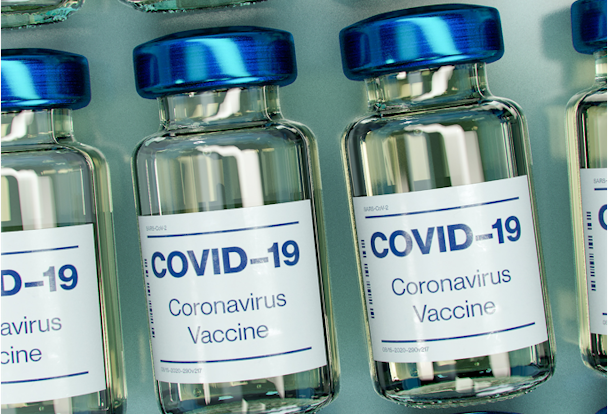Nike, Amazon & Ted Baker ads inadvertently appear on Covid misinformation sites
Global brands including Amazon, Asos, Nike and Ted Baker have been implicated in lending inadvertent credence to a host of Covid conspiracy websites through their advertising.

Nike, Amazon & Ted Baker ads inadvertently appear on Covid misinformation sites
Research by the Bureau of Investigative Journalism found financial links between the brands and a series of websites that have propagated false claims and conspiracy theories around the spread of Covid-19 following a combination of manual checks and automated ‘crawling’ of known sites for misinformation.
The household names are believed to have fallen victim to the vagaries of a digital advertising market that relies on algorithms to pair available advertising space with individuals based on their browsing history, with brands very much in the back seat through this process.
A system of real-time bidding in which brands compete to win the attention of people as they browse opens the door to on-the-fly marketing, but also the potential for less savory associations, such as an ad for Amazon Pharmacy found on more than 30 websites associated with Covid fake news and anti-vaxxers.
Even more worryingly, an NHS diabetes website was found to be promoted alongside anti-vaccine articles, muddying the waters between what can be trusted and what is designed to intentionally mislead. Speaking to The Guardian, Raegan MacDonald from Mozilla warned: “We know the ad ecosystem is incredibly opaque. It’s almost like we’re not supposed to look under the hood. Because if you do, you find this mess. What I really hope is that this will be a sort of last straw for the brands.”
A lack of transparency makes it difficult to take action, although Google is by far the biggest player in the sector, with ads delivered by the search giant on behalf of almost 30 advertising partners found on two or more sites associated with misinformation.
Responding to the allegations, Google claimed protecting consumers and businesses was a “priority”, promising action such as demonetizing specific pages and websites found to be in breach of its misinformation policies.
Responding to the investigation, a Ted Baker spokesperson said: “The location of these adverts is driven by the Google Display Network. We can confirm that we have worked with Google to resolve this issue and that our adverts will not appear on these specific sites in the future.”
Thus far efforts to improve brand safety by introducing greater transparency on where adverts may end up have come to nought, including a failed advertiser boycott of Facebook.
Content created with:

Google is committed to helping businesses thrive in a privacy-first world. The technology giant works with thousands of businesses and agencies to help them prepare...
Find out more
